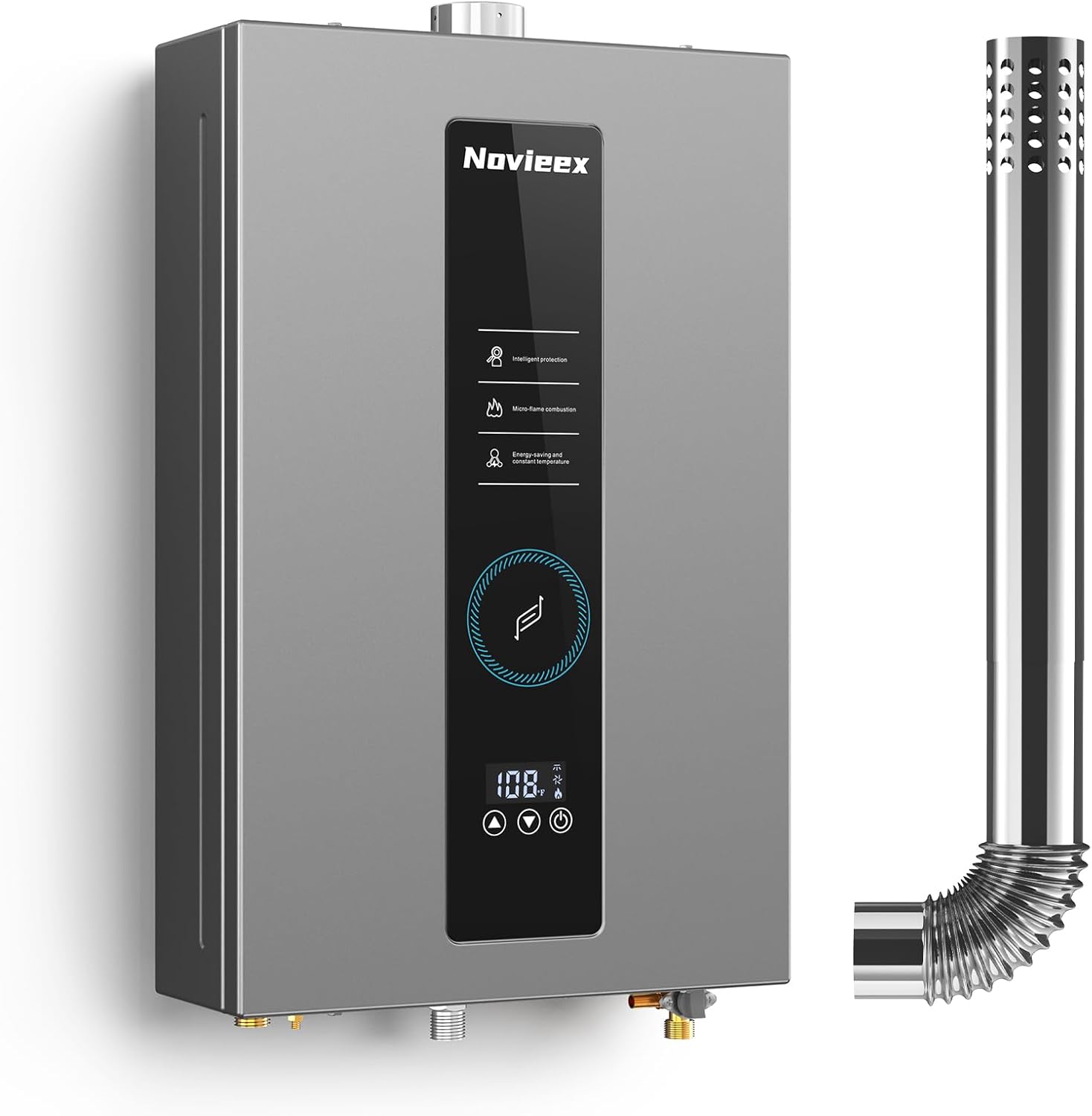Hydronic boilers use water to transfer heat efficiently, while gas boilers burn natural gas for direct heating; both serve distinct heating needs effectively.
Choosing between a hydronic boiler and a gas boiler is a critical decision for homeowners. Both systems provide reliable heating, but they operate differently and offer unique benefits. This guide breaks down the key differences to help you make an informed choice.

How Hydronic and Gas Boilers Work
Hydronic and gas boilers use distinct methods to heat your home. Understanding these differences is essential when selecting a system.
Hydronic Boiler Operation
A hydronic boiler heats water that circulates through pipes to radiators, baseboards, or radiant floor systems. The water retains heat well, providing consistent warmth. These systems can also supply domestic hot water when configured as a combi boiler.
Gas Boiler Operation
Gas boilers burn natural gas or propane to heat water or produce steam. The heat distributes through radiators or air handlers. Modern gas boilers achieve up to 98.5% efficiency with condensing technology that recovers heat from exhaust gases.

Efficiency Comparison
Both systems can be highly efficient, but their performance varies under different conditions.
| Feature | Hydronic Boiler | Gas Boiler |
|---|---|---|
| AFUE Rating | 85-95% | 80-98.5% |
| Heat Retention | Excellent (water holds heat) | Good (depends on distribution) |
| Zoning Capability | Excellent | Good |
Real-World Efficiency Factors
Hydronic systems maintain efficiency better in well-insulated homes. Gas boilers with built-in gas heaters may perform better in drafty spaces. The U.S. Department of Energy notes that proper sizing impacts efficiency more than system type.
Installation and Space Considerations
The physical requirements of each system affect installation costs and home layout.
Hydronic System Components
- Boiler unit (similar size to gas boiler)
- Distribution pipes (can run under floors or in walls)
- Radiators or radiant floor tubing
- Expansion tank and circulator pumps
Gas Boiler Components
- Combustion chamber and heat exchanger
- Flue for exhaust gases
- Air handler (if using forced air)
- Ductwork (in forced air systems)
Hydronic systems often work well with decorative heating elements that complement home decor. Gas systems typically require less upfront piping but may need larger vents.
Comfort and Performance
The heating delivery method significantly impacts home comfort levels.
Hydronic Heating Advantages
- Even, radiant heat without drafts
- Quieter operation (no air blowing)
- Better humidity retention
- Zoned temperature control
Gas Boiler Advantages
- Faster response to thermostat changes
- Easier to combine with cooling systems
- Simpler to install in existing ductwork
- Lower upfront cost in many cases
Maintenance and Longevity
Both systems require regular maintenance but have different service needs.
Hydronic Maintenance
Annual inspections should check:
- Water pressure and pH levels
- Circulator pump operation
- Expansion tank condition
- Boiler combustion efficiency
Gas Boiler Maintenance
Key service items include:
- Heat exchanger inspection
- Burner cleaning and adjustment
- Flue condition check
- Safety controls testing
The ENERGY STAR program recommends professional maintenance for both systems every year to maintain efficiency and safety.
Cost Comparison
Initial and operating costs vary significantly between the two systems.
| Cost Factor | Hydronic Boiler | Gas Boiler |
|---|---|---|
| Installation | $6,000-$15,000 | $4,000-$8,000 |
| Annual Fuel Cost | $700-$1,200 | $600-$1,000 |
| Lifespan | 20-30 years | 15-20 years |
Which System Is Right For You?
Consider these factors when choosing:
Choose Hydronic If:
- You want radiant floor heating
- Your home has good insulation
- You prefer zoned heating
- Quiet operation is important
Choose Gas If:
- You have existing ductwork
- Quick installation is needed
- Upfront cost is a major concern
- You need combined heating/cooling
Both systems can provide excellent heating when properly sized and installed. Consult with HVAC professionals to evaluate your specific home needs and local fuel costs before deciding.

